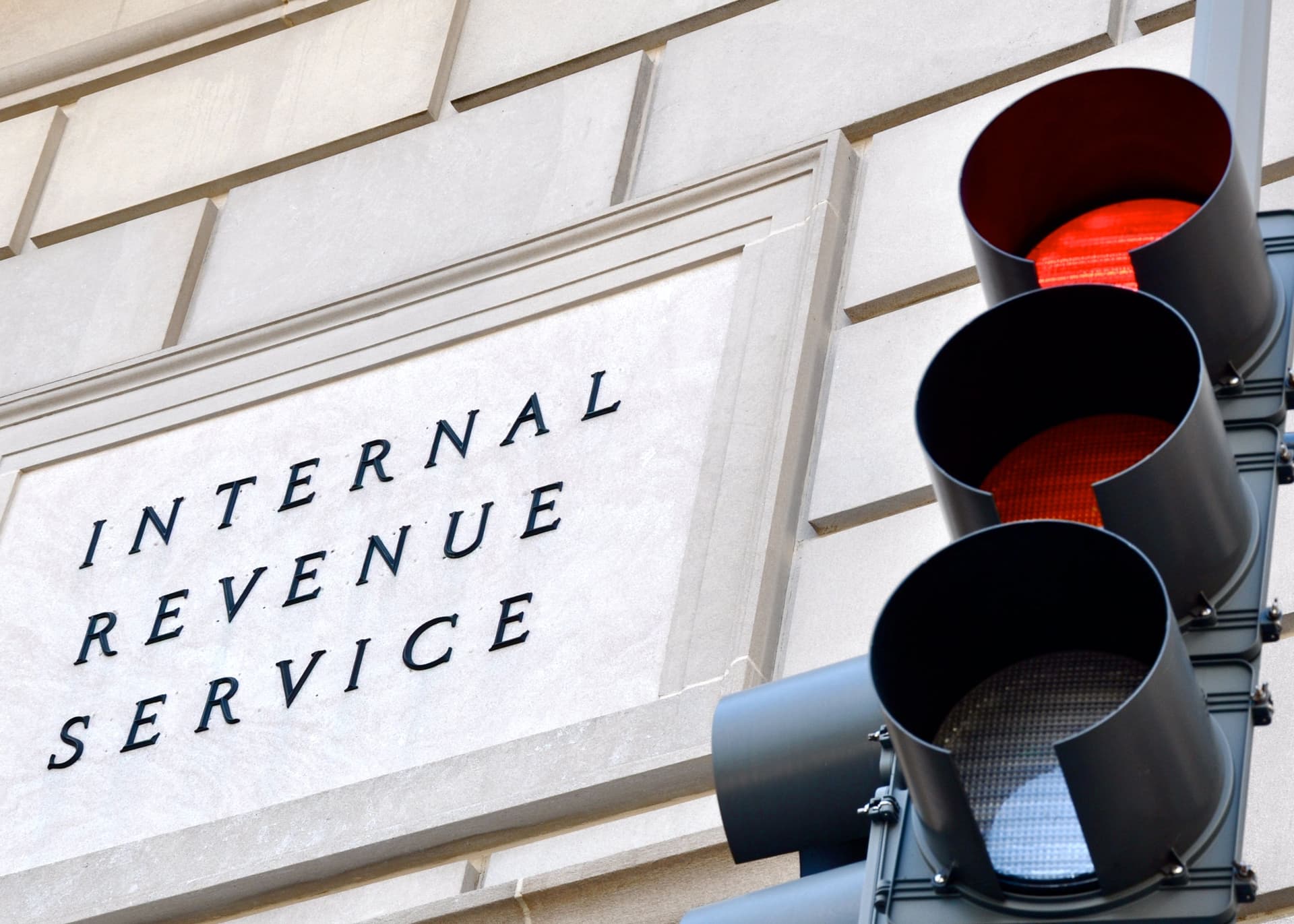Stock buyback tax gets a deadline, but who owes what isn’t final
The IRS is working on it.

Marcnorman/Getty Images
• less than 3 min read
Now that our eyes and ears have (mostly) recovered from the fireworks shows, let’s check in on the IRS rules on when to pay the new stock buyback tax, which the agency published the week before the holiday.
Public companies have been waiting nearly two years for regulations to implement the 1% excise tax on repurchased shares, which passed as part of the Inflation Reduction Act. The new rules give them deadline for paying the new tax, although they’ll have to wait a bit longer for the agency’s final rules on how to calculate the tax and who has to pay it.
Spooky deadline. The first deadline for the new tax, which covers buybacks made in tax years ending anytime in 2023 up through June 30 of this year, is Oct. 31. So if you need a last-minute Halloween costume and need to file last-minute Forms 720 and 7208, you might have to choose just one. (We’d recommend filing the taxes.)
Going forward, the taxes must be filed in “the first full calendar quarter after the end of the corporation’s taxable year,” according to the new rules.
As KPMG put it in a new memo on how to report and pay the tax: “The time is nigh.”
What to do. Keep up-to-date records of stock buybacks or the lack thereof, according to a Grant Thornton guide. “The tax will affect nearly all public companies,” it said, “because covered corporations that make any repurchases are generally required to file a return even if they will ultimately not owe any tax.”
Beyond that, there’s less you can do. Form 7208, used to calculate what you’ll owe for the tax, is still a draft, and the IRS is still developing the “far-lengthier set of proposed regulations,” as KPMG put it, which includes details on how to calculate the tax and which transactions count as buybacks.
Setting a deadline without those final rules could put taxpayers “in an unfortunate situation” if the agency doesn’t publish them with enough time before Halloween, according to KPMG’s memo. If that happens, companies might have to decide whether to file the taxes late or to file them on time and amend them later if they turn out not to be compliant with the final rules.
News built for finance pros
CFO Brew helps finance pros navigate their roles with insights into risk management, compliance, and strategy through our newsletter, virtual events, and digital guides.
News built for finance pros
CFO Brew helps finance pros navigate their roles with insights into risk management, compliance, and strategy through our newsletter, virtual events, and digital guides.